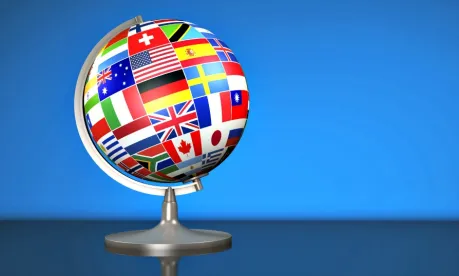U.S. life sciences companies with ties overseas can be encouraged by a recent federal ruling that denied the request of foreign companies to conduct discovery in the United States in aid of a foreign-seated arbitration. On Jan. 14, 2020, Judge Maryellen Noreika for the District Court of Delaware denied an ex parte application for discovery in aid of arbitration that was based on section 1782 of the U.S. Code. This provision of the U.S. Code allows courts to order discovery “for use in a proceeding in a foreign or international tribunal.”
The underlying dispute concerns a group of European venture capital funds that agreed to relinquish shares in a life sciences company in exchange for payments tied to clinical trials. Following an alleged breach of the relevant contract, the funds announced that they were going to bring an arbitration against the company at the German Arbitration Institute (“DIS”). In August 2019, the funds also applied to the District Court of Delaware to get information regarding the clinical trials to support their arbitration position.
Judge Noreika denied this ex parte application, explaining that the discovery requested by the venture capital funds would be unduly intrusive and overly burdensome to the life sciences company. She also expressed doubt as to whether the funds could satisfy the statutory requirement that the discovery provided be for “use in a proceeding,” noting that the applicants had not explained when they planned to initiate the arbitration or what steps they had taken towards doing so.
Judge Noreika did not, however, directly opine on whether private foreign arbitrations qualify as a “foreign or international tribunal” under the statute. Last October, GT issued an alert (“Does Section 1782 Apply to Discovery in Private International Commercial Arbitration Proceedings?”) that mentioned this case in the context of a wider discussion surrounding whether foreign arbitrations qualify as the requisite “foreign or international tribunal” needed in order for courts to grant discovery requests under Section 1782. As we noted then, while the Sixth Circuit recently found that the statute extended to private commercial arbitration in a foreign country, the Third Circuit has yet to rule on this issue. Judge Noreika’s decision provides no further guidance.
While this decision does not move the needle with respect to this issue, other courts have recently issued decisions that are helping to define the scope and breadth of the statute. Most notably, on Oct. 7, 2019, the Court of Appeals for the Second Circuit held that section 1782 may be used to reach documents located outside of the United States. See In re: Application of Antonio del Valle Ruiz and Others, 939 F. 3d 520, 534 (2d. Cir. 2019) (holding “there is no per se bar under § 1782 to extraterritorial discovery”). In so holding, the Second Circuit has become the second court of appeals to reach this same conclusion; it joins the Eleventh Circuit in holding that a district court is not categorically barred from allowing discovery under section 1782 of evidence located abroad. See Sergeeva v. Tripleton Int’l Ltd., 834 F.3d 1194 (11th Cir. 2016).





 />i
/>i

